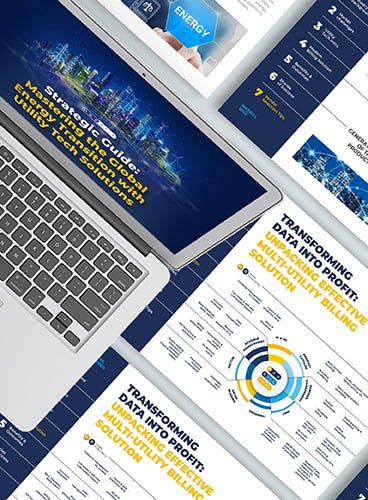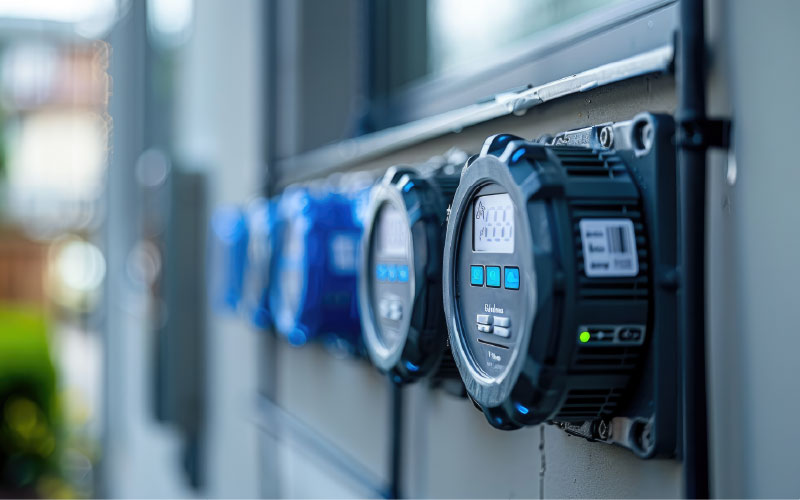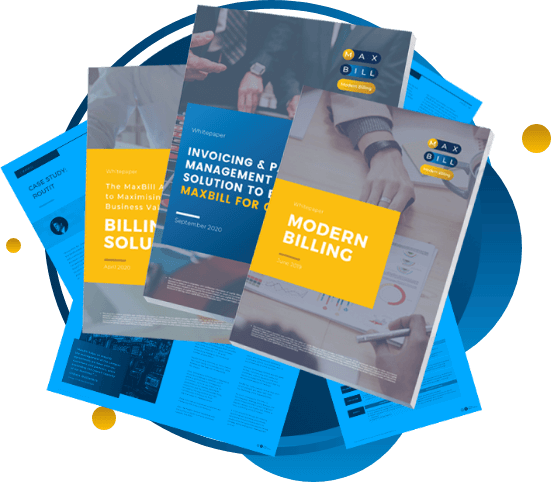Updated: February 5, 2026
Navigating the complex landscape of regulatory obligations (24-h switching, e-invoicing) and industry standards (EN 16931 e-invoice standard) poses a significant challenge for energy companies in Europe. Plus, the energy transition aimed at achieving zero carbon emissions by 2050 is still on the radar.
In this piece, we address five key questions energy and utilities leaders should ask themselves about their businesses’ readiness for market shifts, including regulatory ones.
Let’s get started.
Asking hard but operating smoothly
Directives such as the Certificate and Renewable Energy Directive, as well as the EU’s “Dynamic electricity price contracts,” prioritize the utilization of renewable energy sources in the energy sector, demanding meticulous consideration from electricity suppliers.
Within this context, the UK Energy Regulator, Ofgem, is spearheading a crucial reform known as the Market-wide Half-Hourly Settlement (MHHS). This groundbreaking regulation necessitates that businesses enhance their settlement procedures.
Amidst mounting regulatory pressures, CEOs and CFOs must confront both the financial and reputational risks associated with non-compliance. The fear of attracting negative publicity due to failures in providing satisfactory customer experiences or an increased number of complaints weighs heavily on utility providers, as their performance is scrutinised based on complaint volume.
Additionally, the UK media’s propensity for exposing instances of major corporations mistreating helpless customers creates a heightened sense of apprehension.
In essence, all these challenges come down to utilities’ capabilities to react in time to occurring government regulations, current customer expectations, and even social pressure magnified by the media and a customer-centric society.
Simply put, being technically capable enough of ‘catching up with the government’ and implementing its regulations as soon as possible can significantly impact financial performance and overall business efficacy.
To assess your utility business’s readiness to tackle forthcoming government regulations, social pressures, and financial and reputational risks, we have compiled a list of the top 5 questions that will help determine your level of ‘reform-ability.’
Is your meter data collection automated and billed accurately?
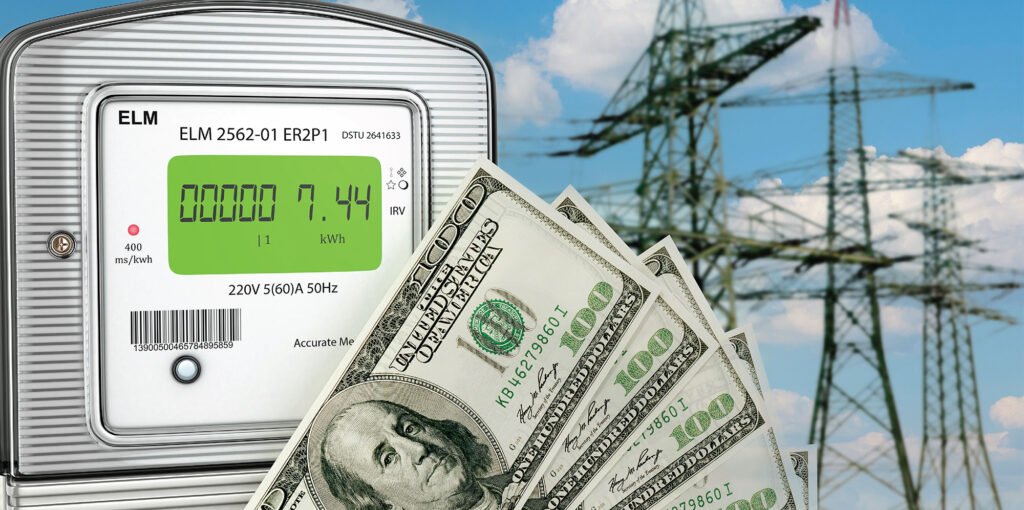
Anticipated to be fully implemented by October 2025, the market-wide half-hourly settlement presents a pivotal moment for the UK energy market.
With the widespread installation of smart meters in households and small businesses, the ability to automate meter readings and increase their frequency will revolutionize billing accuracy.
By automating the data collection process and seamlessly transmitting it to the back-end system of your customer information system (CIS), these innovative systems empower precise billing, consumption analysis, and behavioural insights.
Through the automation capabilities of your CIS, the billing process becomes streamlined, ensuring customers are accurately charged for their energy consumption on a half-hourly basis.
This automation fosters efficiency in revenue tracking and forecasting, enabling your business to stay ahead of the curve based on real-time consumption data.
Related:
Covering Half-Hourly Meters for Large Businesses and Industries.
How well is your customer engagement organised?
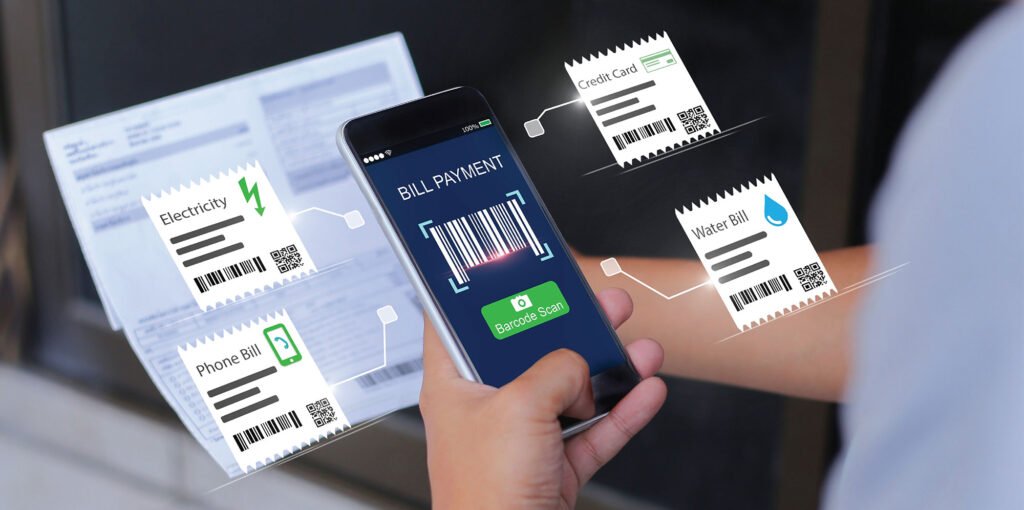
CGS, a renowned global provider of applications, learning, and outsourcing services, has uncovered a significant consumer preference for taking control of their tasks.
Recognizing this trend, the introduction of a self-care portal emerges as the ideal solution. This platform empowers users by offering transparency and real-time access to their energy usage and billing information.
However, for self-service to truly provide a seamless experience, these platforms must possess an intuitive interface, capable of accommodating even the most intricate consumer requests (e.g., half-hourly settlement invoice clarification).
Furthermore, it is crucial for the platform to notify operators when issues arise that are too complex or uncommon, ensuring efficient problem resolution.
This is where the power of hyperautomation, encompassing a fusion of intelligent technologies such as AI and ML, becomes indispensable.
MaxBill has recently launched an AI Self-Care portal where AI agents explain bills, provide tips on energy efficiency, accept meter reads and payments with simple prompts, promote services, etc. It’s a powerful tool that modern utilities leverage for retention strategies.
Can you recommend tariff options based on your customer’s usage patterns?

The availability of elective half-hourly settlement or alternative tariff options should be a seamless offering for organizations.
Given the wealth of customer data and insights obtained from usage patterns, utility companies can enhance their customer-centric approach by delivering personalized offerings and tailored solutions.
With the aid of a modern and agile customer care and billing solution, this process becomes effortlessly efficient. By analyzing your customers’ electricity usage patterns, the solution can intelligently recommend the most cost-effective tariff options aligned with their consumption habits.
This not only enables your customers to save money on their electricity bills but also contributes to an elevated level of customer satisfaction. The simplicity and effectiveness of this approach have a direct positive impact on your customers’ overall experience.
Is your BPM system configurable enough to increase productivity?

The conventional approach to process management revolves around establishing predefined workflows, such as initiating a workflow process or user task (terminology may vary among companies), executing the necessary actions, and subsequently closing it.
However, forward-thinking energy and utility providers recognize the imperative of embracing modern business process management (BPM) methods.
These methods prioritize configurability to enhance productivity, harness technical capabilities for superior service delivery, optimize meter-to-cash timing, and facilitate scalable growth.
At the core of BPM methods lies a configurable and centralized mechanism that enables seamless alignment with the distinctive business processes of utility providers, particularly in the context of mandatory half-hourly settlement.
This adaptable framework empowers organizations to tailor the system to their specific requirements, fostering operational efficiency and effectively addressing the evolving needs of the industry.
Can you comply effortlessly with coming regulations?
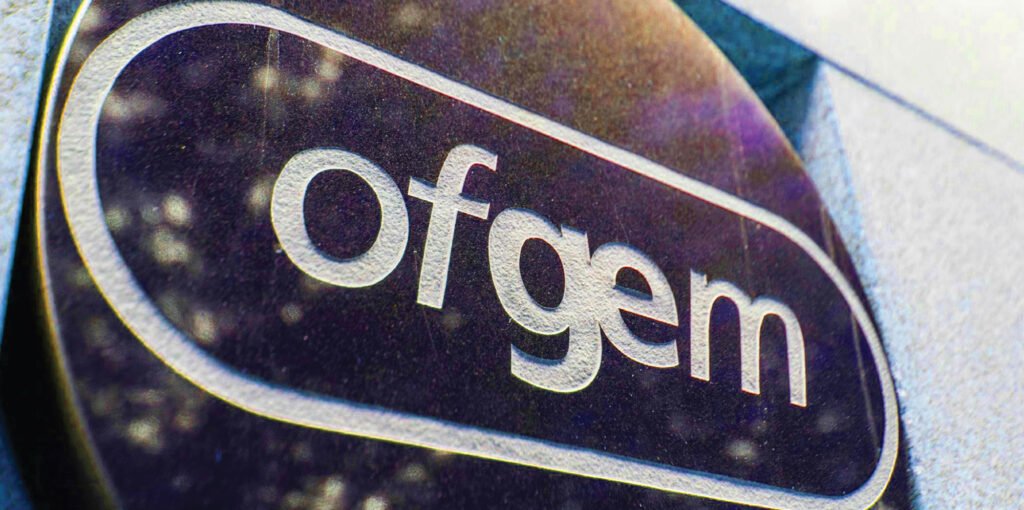
Ofgem is actively monitoring supplier compliance with its rules by “routinely collecting information from energy suppliers, such as information on the level and nature of complaints they receive.”
The implementation of market-wide half-hourly settlement regulations necessitates businesses to enhance their settlement procedures, aiming to reduce customer expenses on energy bills.
Consequently, utility technology leaders recognize the importance of integrating a settlement solution within a modern billing system, enabling the aggregation of interval meter data and the reporting of net energy balances for financial settlements.
Such processes demand a configurable billing system that can swiftly adapt to evolving regulations. This entails incorporating pertinent pricing models and billing mechanisms along with adaptable workflows, clearly defined frameworks, and automated processes.
These features collectively streamline billing operations, facilitating the seamless introduction and deployment of new services.
Go-to practices for utility leaders
It’s obvious that the regulatory landscape for utility companies is very country-specific. However, to respond to the challenges mentioned above, utilities can focus on building a core of the IT infrastructure in three key areas. At MaxBill, we have identified these areas as follows:
Meter Data Management
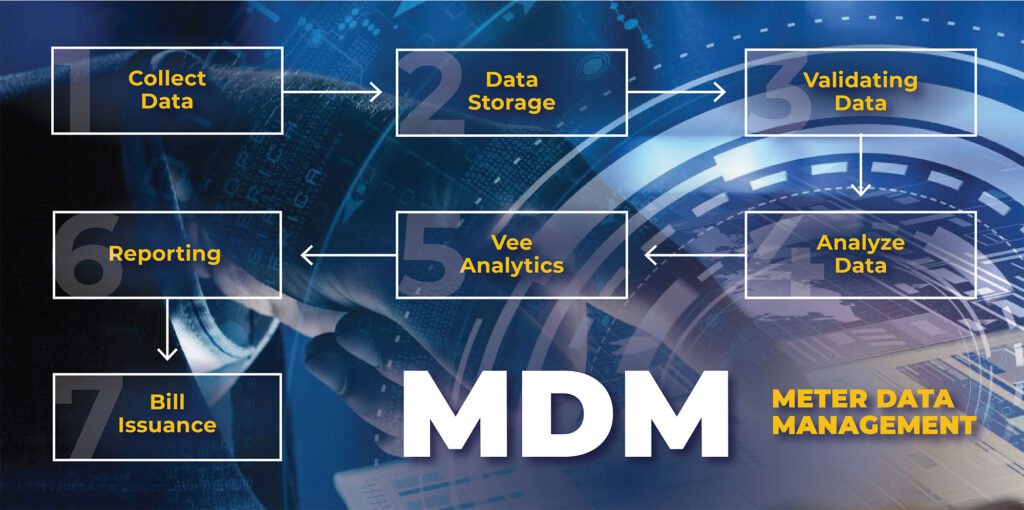
The Meter Data Management System (MDMS) assumes a diverse range of responsibilities, encompassing tasks such as acquiring meter data from various collection systems, storing smart meter data, conducting data validation, estimation, and editing (VEE), determining billing determinants, and presenting data in a standardised format to the utility company’s back-office systems, including the Customer Information System (CIS).
Moreover, the MDMS plays a crucial role in supporting revenue assurance. By serving as a centralized data source, it enables analysis to detect meter faults, meter tampering, and anomalous usage patterns that may indicate service theft.
Additionally, the Meter Data Management System aids in simplifying the integration of interval data into the utility’s enterprise systems by providing a unified integration point, thereby streamlining the demands of data integration across various operational functions.
Customer Information System

Utilities will need utility billing systems and customer care solutions that can:
- Process high volumes of transactions in near real-time, ensuring efficient handling of large-scale operations.
- Offer flexible support for a wide range of energy tariffs, including usage-based, time-based, and event-based tariffs.
- Embrace configurability, agility, and automation across all processes, allowing for seamless customisation and adaptability.
- Accommodate postpaid, prepaid, and hybrid payment schemes, catering to diverse customer preferences and needs.
- Enable the creation of advanced new services, along with the ability to implement discounting, promotions, and bundling options to enhance customer offerings.
- Provide comprehensive analytical tools that offer insights into customer behaviour, enabling utilities to make data-driven decisions and tailor services accordingly.
- Offer customer care tools that facilitate seamless customer communication through multiple channels, including print, web, and mobile-based communications.
E-Service

Utilities have the opportunity to transform their operations by embracing a wider range of e-services. These e-services encompass:
- Web portals that enable customers to access and review their bills, service bundles, price plans, and detailed information about their energy consumption.
- Web-based enrollment in Demand Response (DR) programs and other energy-saving initiatives, empowers customers to actively participate in sustainable practices.
- Web or SMS-based notifications of DR events keep customers informed and engaged in energy conservation efforts.
- Online customer surveys provide utilities with valuable feedback to enhance their services and meet customer expectations.
- Online bill payment options, such as debit or credit card payments, offer customers convenient and secure methods to settle their energy bills.
E-services play an increasingly vital role for utilities, empowering customers to take control of their energy consumption. By promoting energy-saving practices, facilitating informed decision-making, and ultimately fostering sustainability, these services contribute to a more environmentally conscious and customer-centric approach.
At MaxBill, we have you covered in all these areas. To be ‘approachable’ for utilities, the MaxBill product suite seamlessly integrates a state-of-the-art real-time and service-neutral rating engine, a convergent invoicing engine, a customer-centric CRM (Customer Relationship Management) system, and a centralized product catalogue.

MaxBill is a versatile solution designed to cater to various service operations. It offers convergent deployment options, allowing it to serve as a replacement system, be utilized through a Software-as-a-Service (SaaS) model, or seamlessly integrate the rating engine and product catalogue into existing legacy systems for customers’ convenience.
Ready to transform your utility organization into an adaptable and regulatory-compliant powerhouse? Reach out to us today for expert recommendations and guidance in this transformative journey.
